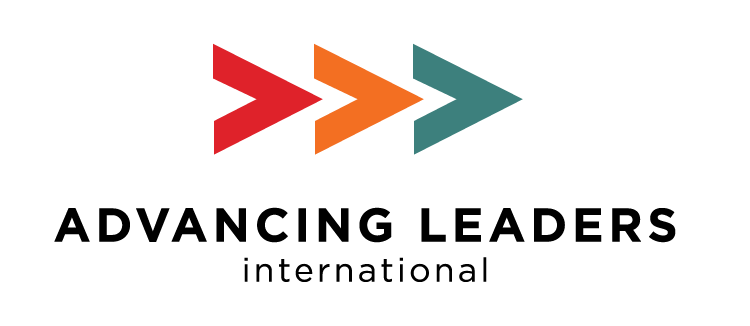1. Train teachers
Training teachers to become tomorrow’s leaders.
The young people of today are our leaders of tomorrow! We must develop their capacity to be creative, innovative thinkers who can work cooperatively and make well-reasoned decisions about the diverse issues in their environments. They also need the hope and vision that come from understanding they are deeply loved by God and uniquely designed by Him for a purpose. In most cases, current educational practices depend primarily on rote learning. While the memorization of facts has its place, application of those facts in real-life situations is essential for young, emerging leaders to be able to “think outside the box”. Current religious education is also centered on knowing biblical facts, and not on experiencing the love of God through truly understanding and applying His Word.
To help children develop these creative and cognitive skills and grow as Christians, teachers must be trained to incorporate inquiry learning, resourceful problem solving, and creative application in their classrooms. ALI offers training to teachers in developing nations, equipping them to utilize the tools necessary to empower the next generation of Christian leaders.
There is a huge field for us to work in as many schools are hearing about our training and recognize it as what they need for their school to properly educate the children for the world in which they will work. Has God gifted you with knowledge and experience that can help ALI train these teachers so they can raise up leaders so desperately needed by their communities and countries? Join with us as we walk together, and we will walk far.
2. Mentor teachers
Empowering the next generation.
The critical part of ALI’s teacher training process is to provide master teachers that will mentor the national teachers who have gone through our training. This mentoring will include living in the community of the partnering school, working alongside the teachers in lesson planning and in their classrooms, and modeling good teaching that will include activities to:
Apply factual knowledge,
Develop critical thinking skills,
Cooperate in group projects with rotating rolls,
Use different problem-solving methods,
Create new applications using known information,
Effectively evaluate results.
Understand why it is in God's heart for students to learn subject material.
A key point is that the mentor teacher is not working to “Americanize” the teaching process, but to find ways to bring effective higher cognitive skill development into the national curriculum, and God into the classroom. This will require building a relationship first, and then patience as these new concepts are woven into the learning experience.
3. Equip schools
We equip schools to enhance learning.
Most rural schools in developing countries lack the resources to provide adequate instruction in today's technology-driven world. Classrooms are overflowing with as many as 120 students. Children often sit four to six on rough wooden benches made to hold two. Light, if any, comes from kerosene lanterns whose smoke affects eye sight because there is no electricity. There may be no glass in the windows to keep out rain, dust, and wind. Clean water is often not available. A worn textbook is shared by many pairs of eyes. Worksheets cannot be prepared because not only is there no duplicating machines, there is also no paper.
ALI works with school administration, teachers, and parents to identify what are the greatest facility and assists in supplying needs of their school and what resources the community has to supply these needs. ALI then seeks funding sources that will help assist these schools to improve their facilities and their ability to acquire the educational supplies that are needed. ALI also works cooperatively with other agencies that provide ways for families and communities to improve their ability to fund their school so that dependency on outside resources is not maintained.
Opportunities exist both locally and internationally

